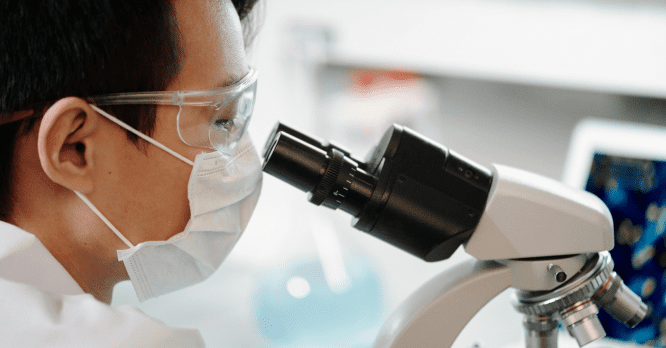Florida State University is a public university in FL, founded in 1851 and offers Associate’s and Bachelor’s degrees for undergraduates and Master’s and Doctoral degrees for graduate students. The undergraduate enrollment is 32,543, and the graduate enrollment is 11,026. Florida State University is a highly selective school, receiving 63,691 applications and accepting 32.5% of applicants. Florida State University’s athletics teams compete at the club, intramural, and varsity levels. Additionally, Florida State University employs 1,582 full-time instructional staff (95% of whom hold doctorate degrees) and has a 21:1 student to faculty ratio.


